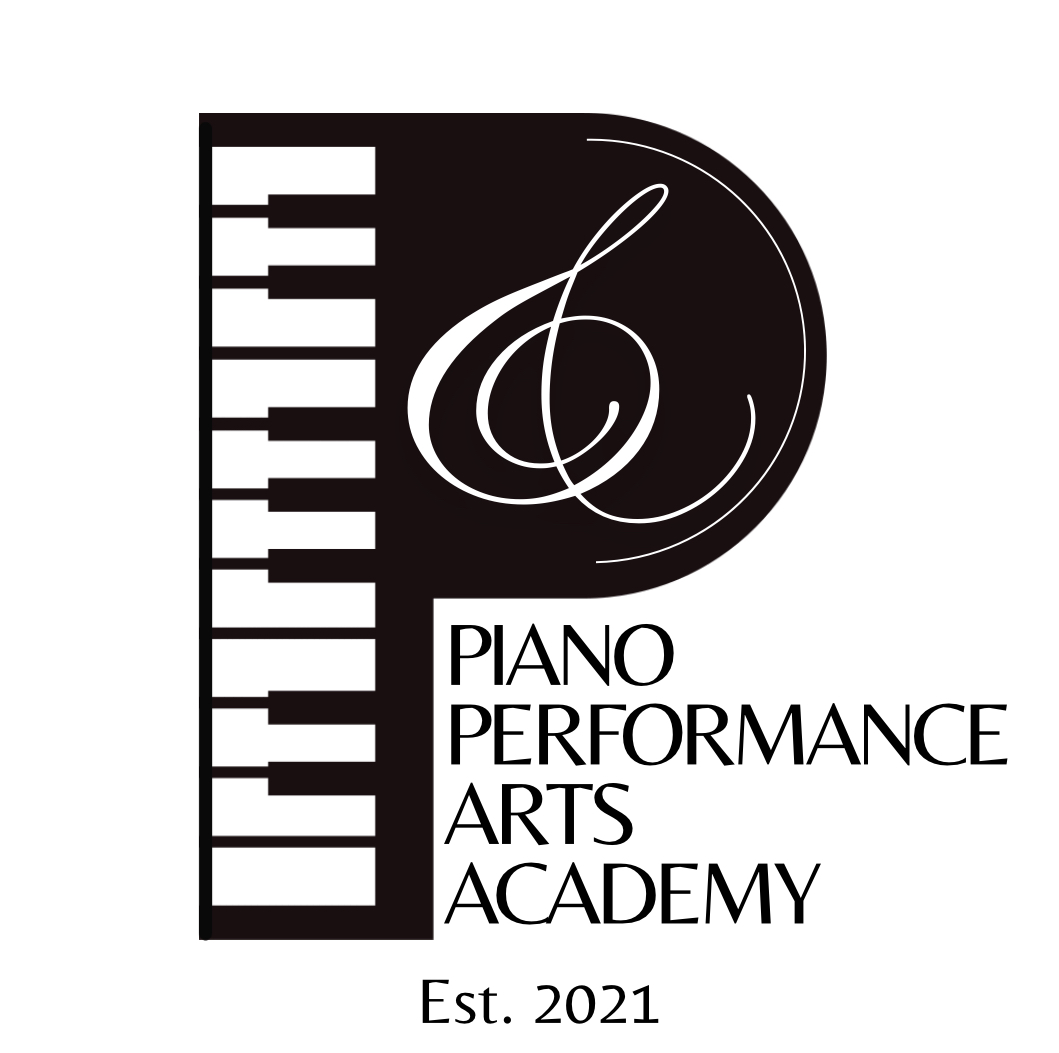- Piano Performance Arts Academy

Updated: Jul 6, 2021
“One thing is to have a dream, the other is to act one it – Ramzi Hussein Aburedwan."
I never stop to be amazed by what the power of music is able to do and how it can influence and transform people’s lives. I came across an inspiring story about Ramzi Hussein Aburedwan, an accomplished violist and founder of several music schools across Palestine and refugee camps.
He has been for many years, a great advocate for music across Palestine, where he has been able to change the lives of many children and aspiring musicians. He started playing the viola at a very young age, later receiving a scholarship to study in Conservatory in France. After leaving the Conservatory and his comfortable life in France, he was able to convince 15 other fellow musicians to come to the west bank in Palestine to get involve with the project and help to establish the music schools.

“Initially, they were scared and did not want to come, but we were able to collect music instruments, such as pianos, violins, and other instruments. and they decided to participate”, he says. They teach both European and Arabic classical music and they were able to put a music summer camps, bringing people from all over Europe to play and participate. “With music, you can make negative energy to positive energy, and this is the kind of positive energy he always dreamed of creating, the world of sound is the expression of the human soul, transforming their destinies”, he says.
Music and the arts are capable of impacting people’s destinies and bettering their lives, and when people come together to help others, they not only better one person but the whole community.
Click here to read the full article on Ramzi Hussein Aburedwan.
I hope you enjoyed this article and we look forward to educating parents and students more about music and how it deeply impacts our lives.
If you would like more information about music lessons, contact us and we will be glad to set up your first trial piano lesson! Do you know someone who wants to take lessons? Spread the word! We are currently accepting new students for our Summer and Fall sessions!
"The Transformative Power of Music" by Piano Performance Arts Academy, LLC.
#PianoLessons #LearnToPlay #WesleyChapel #Zephyrhills #Tampa #NewTampa #Riverview #TampaBay #Brandon





